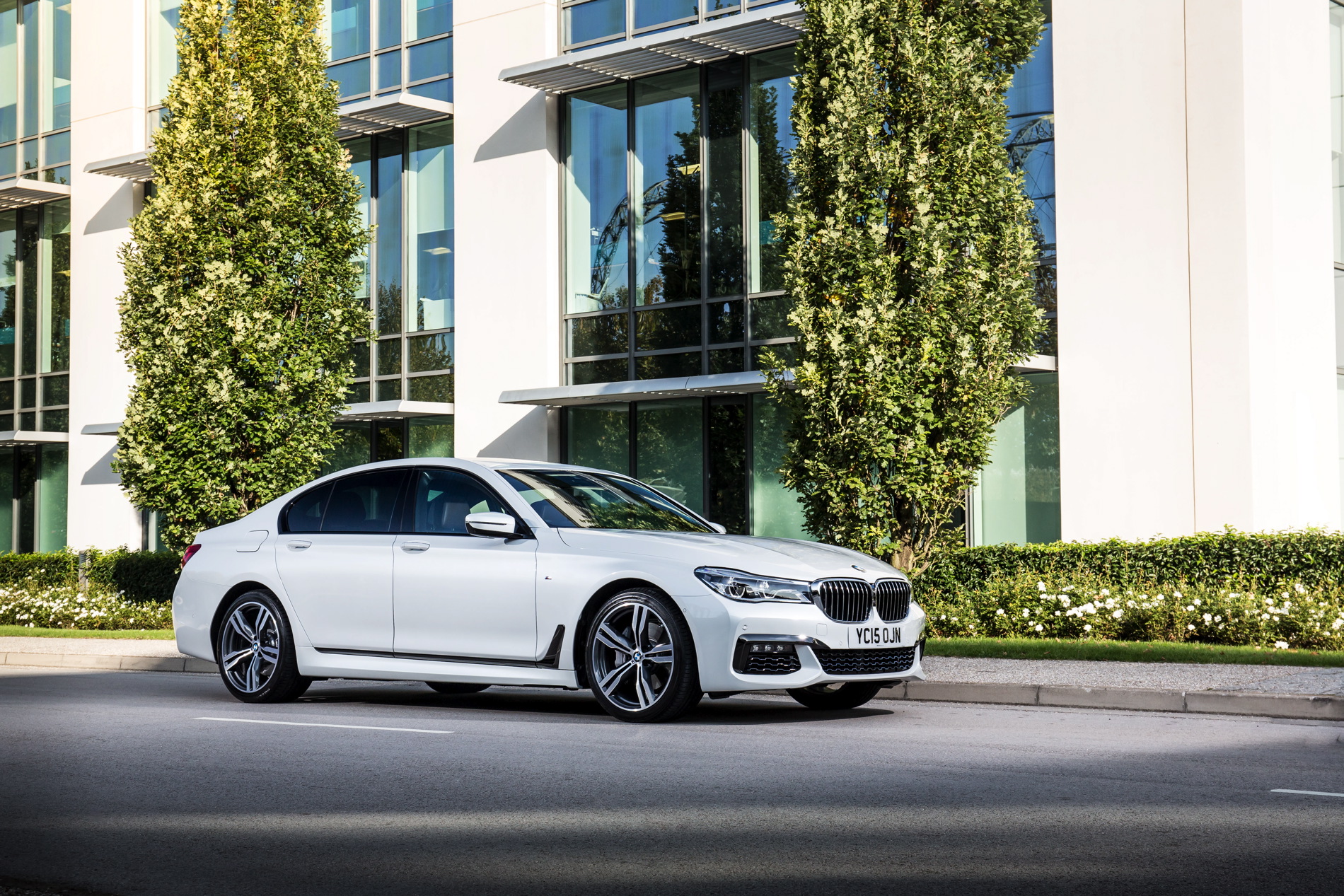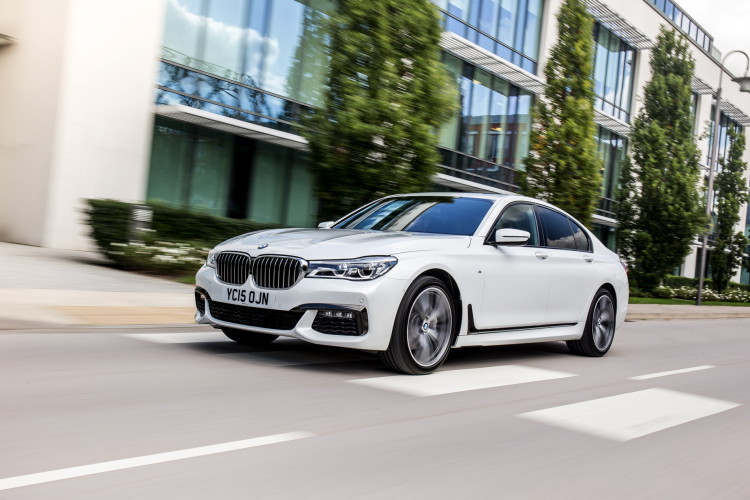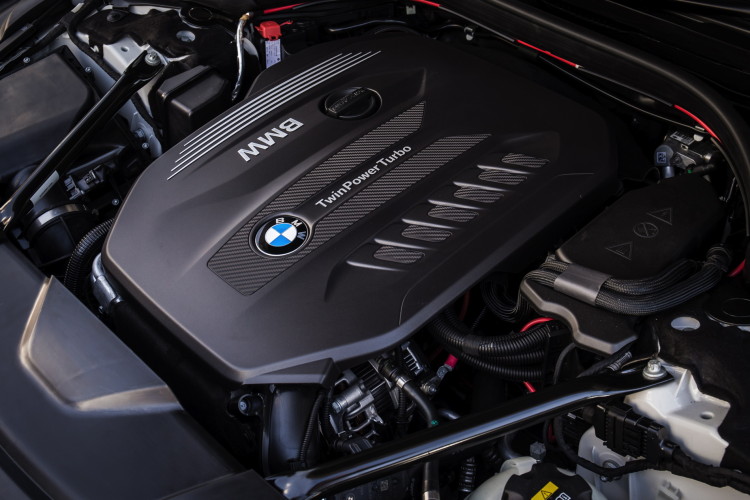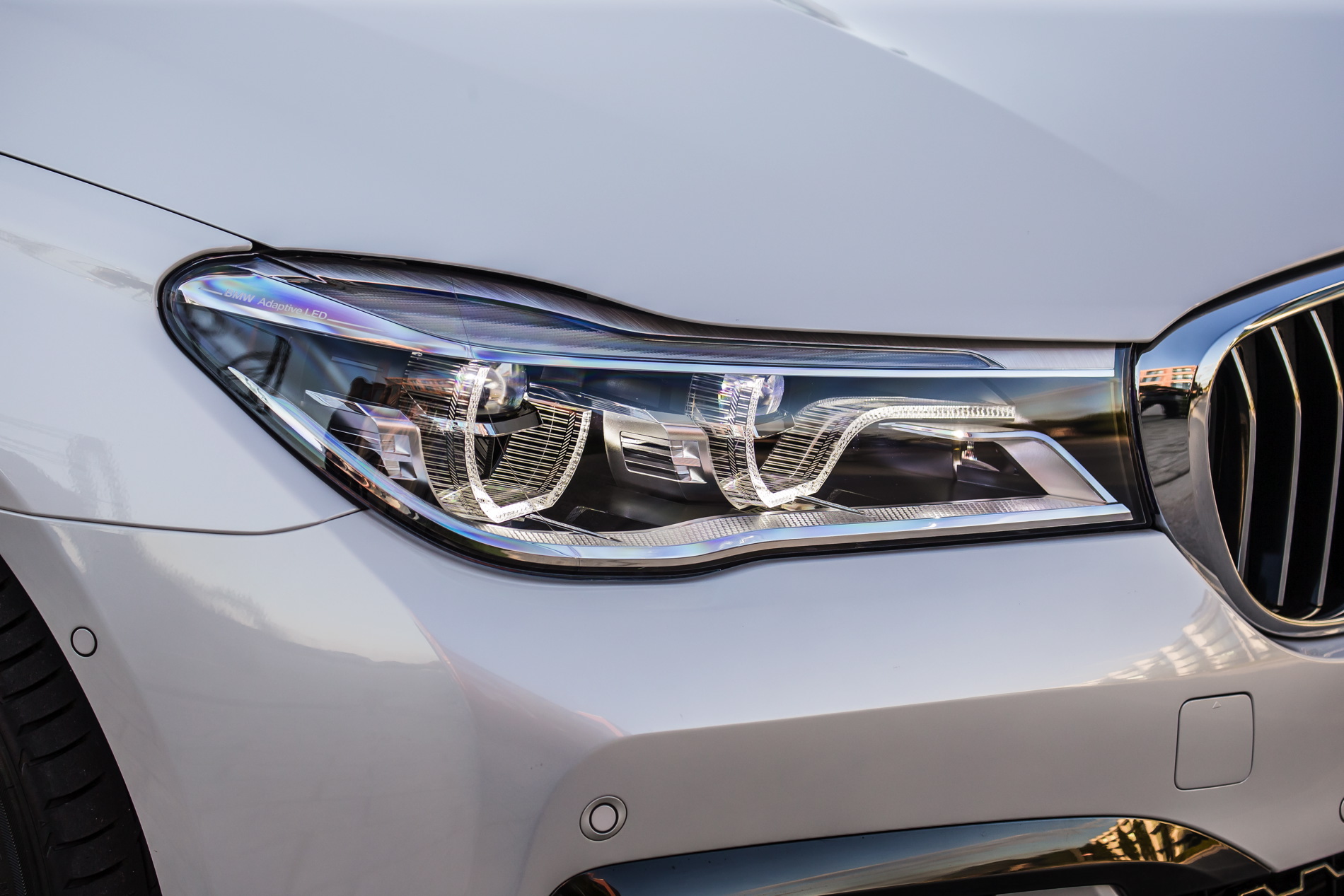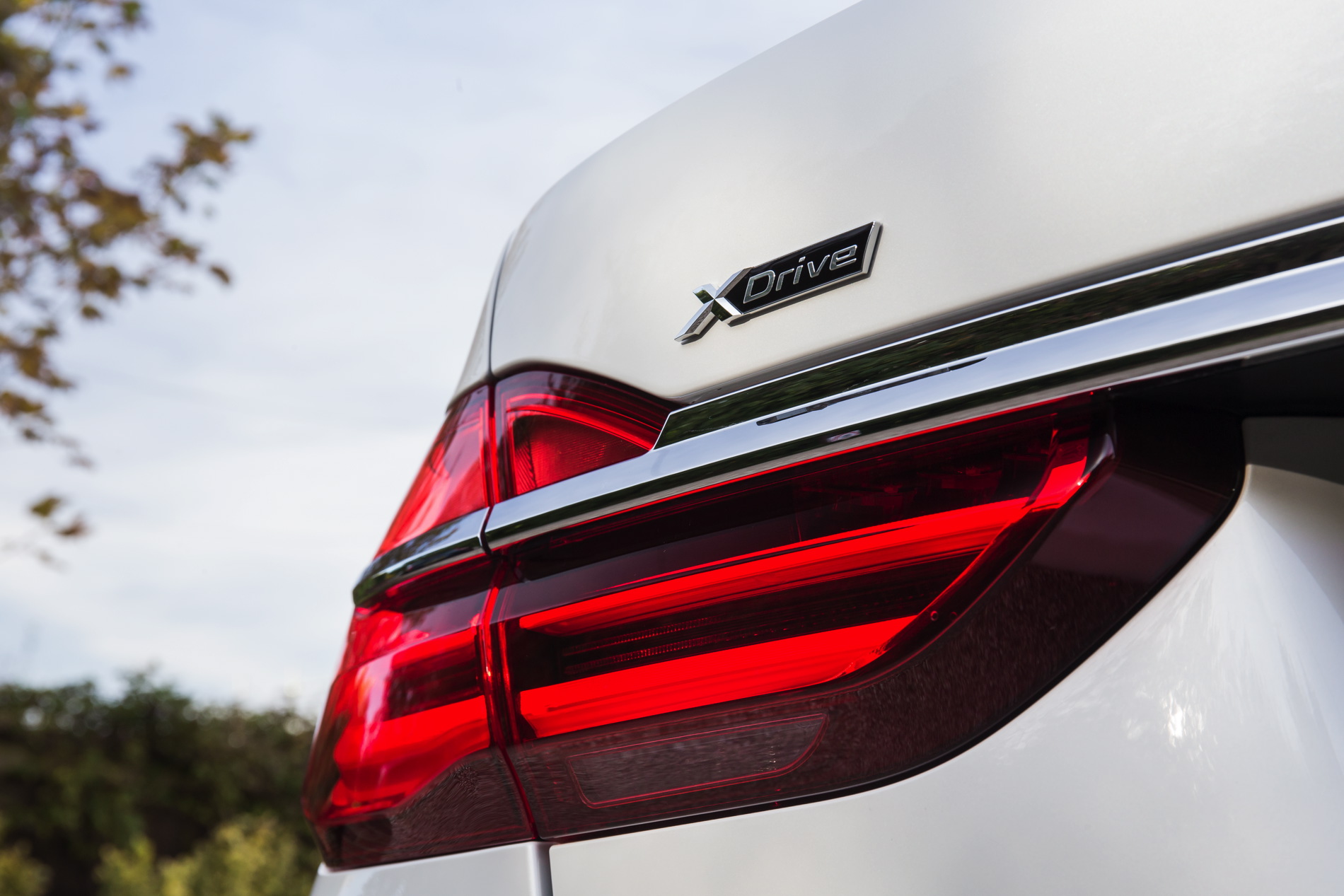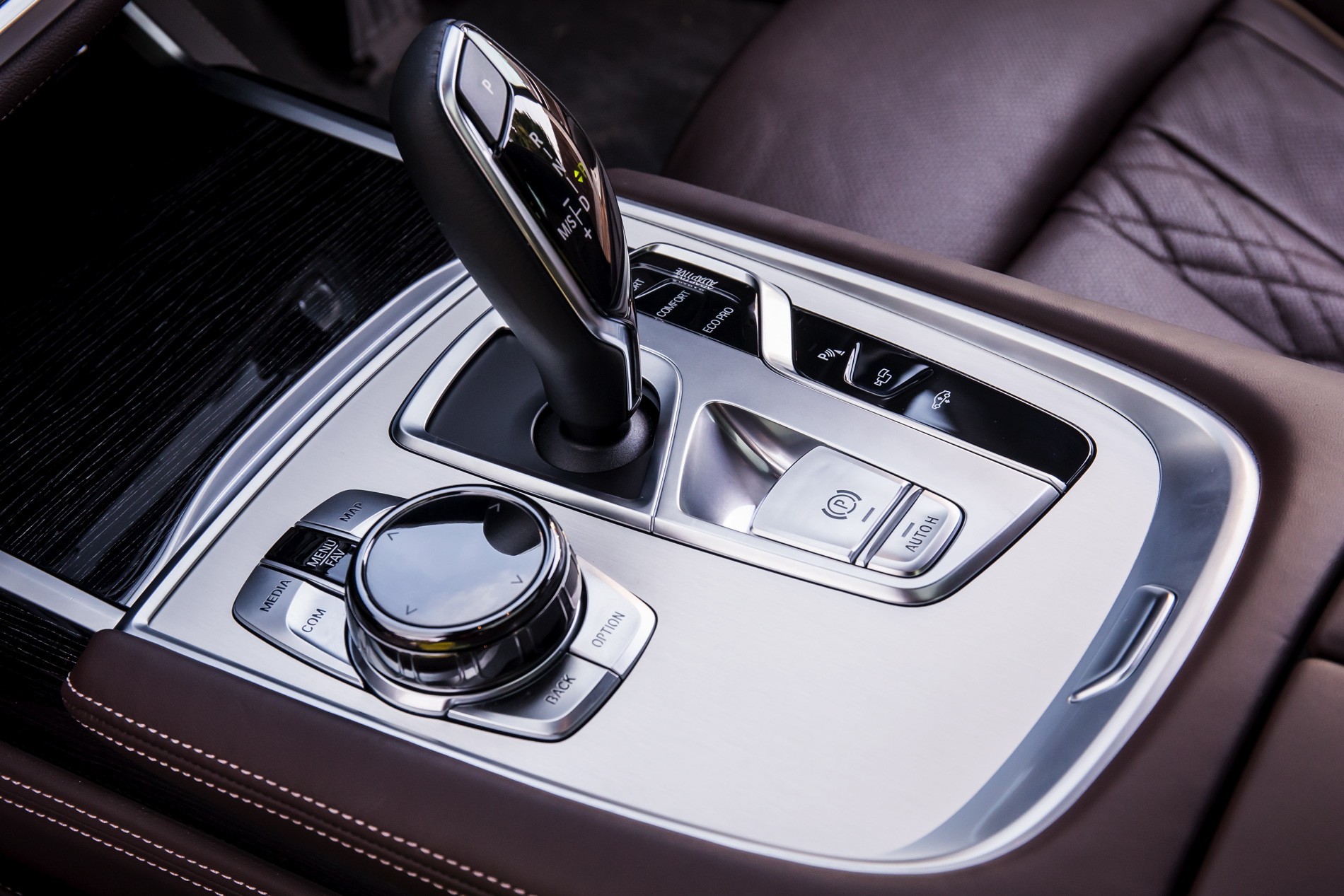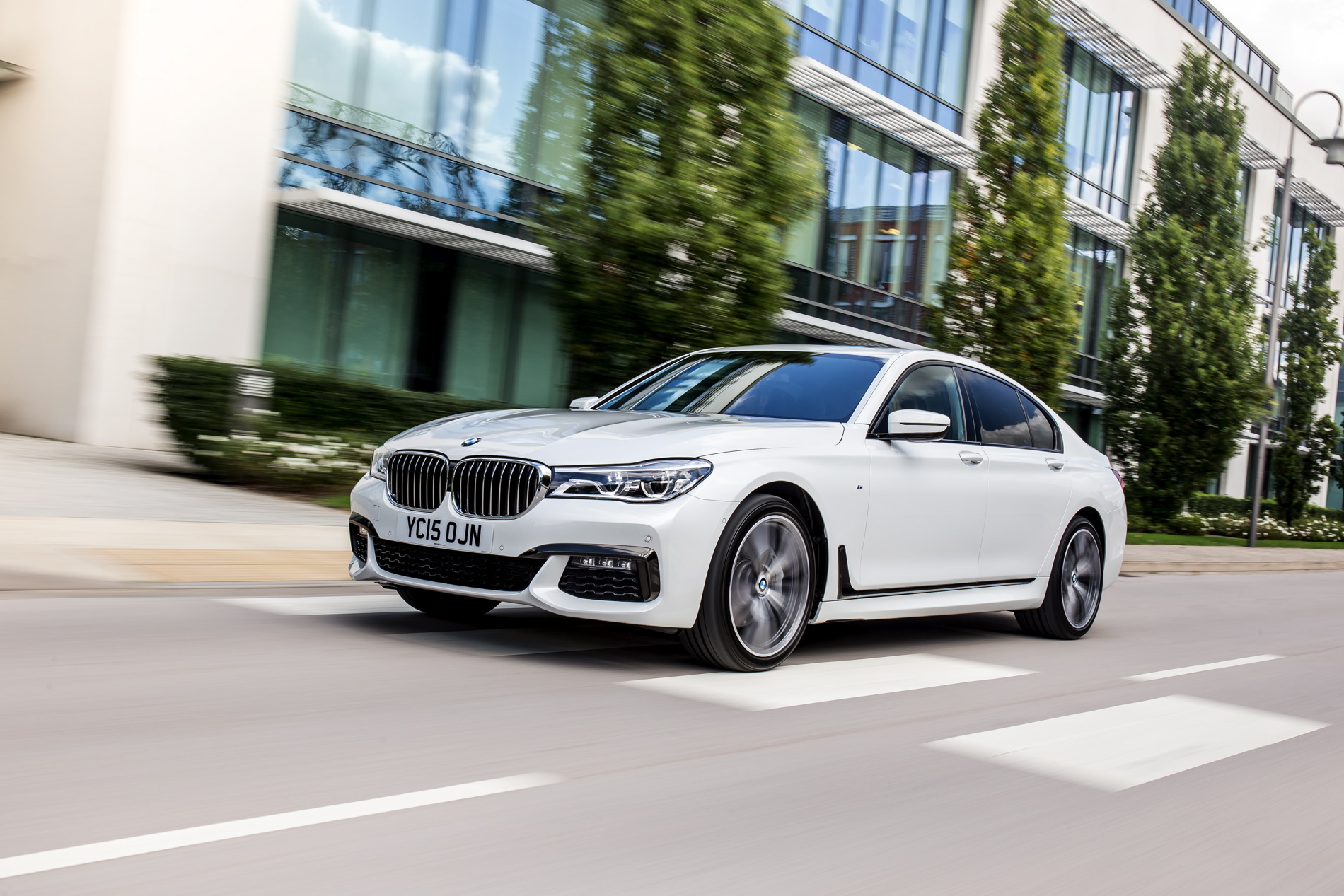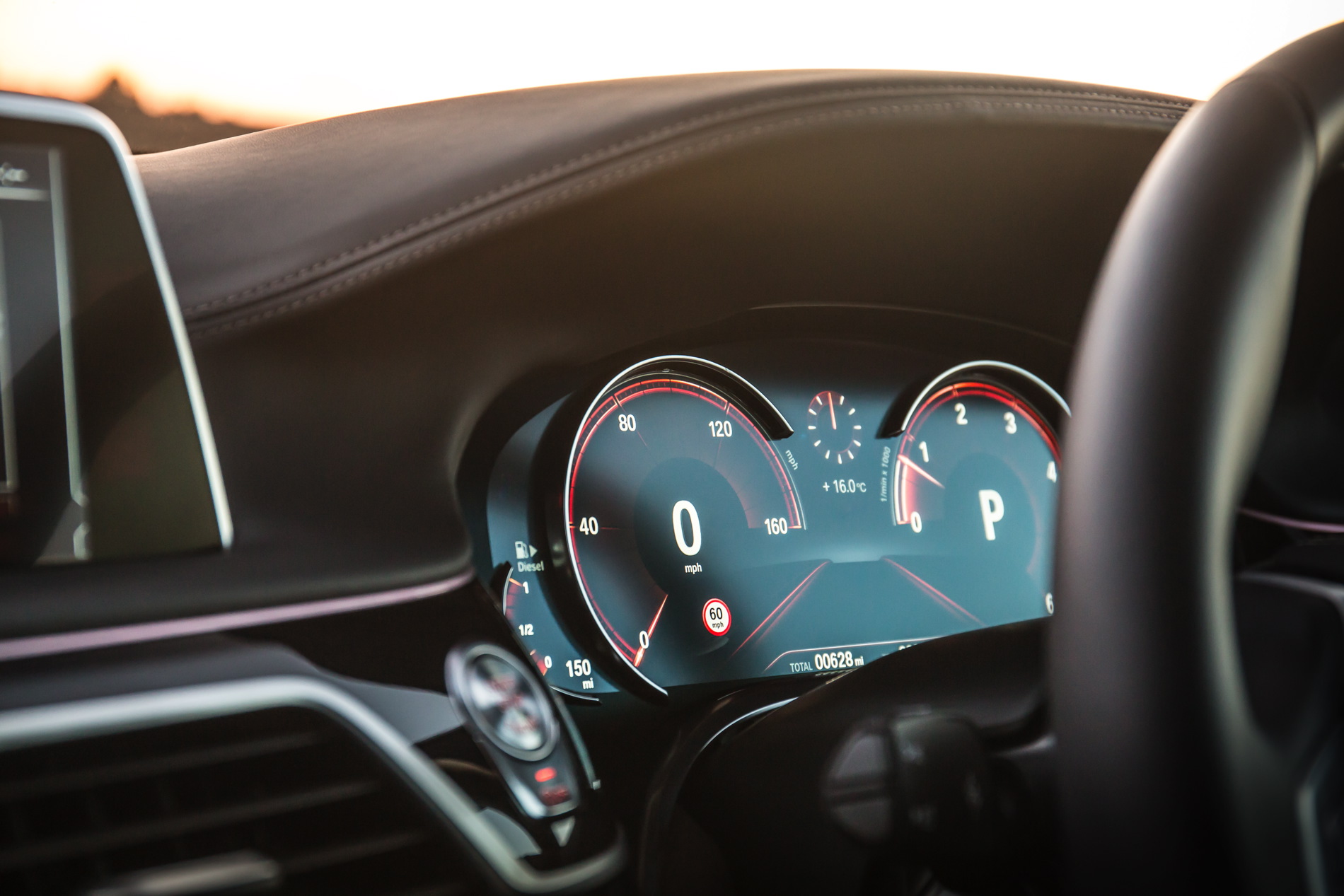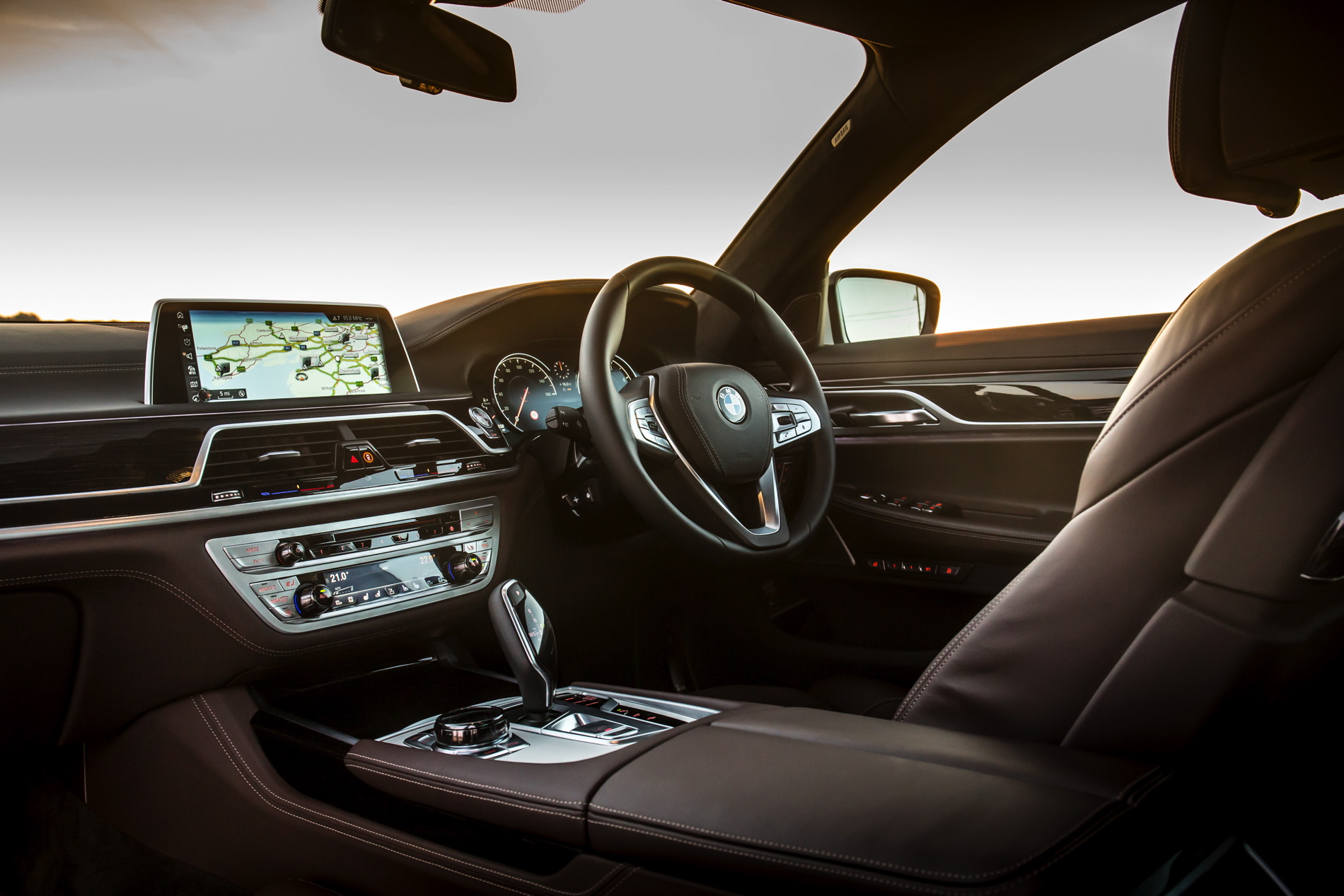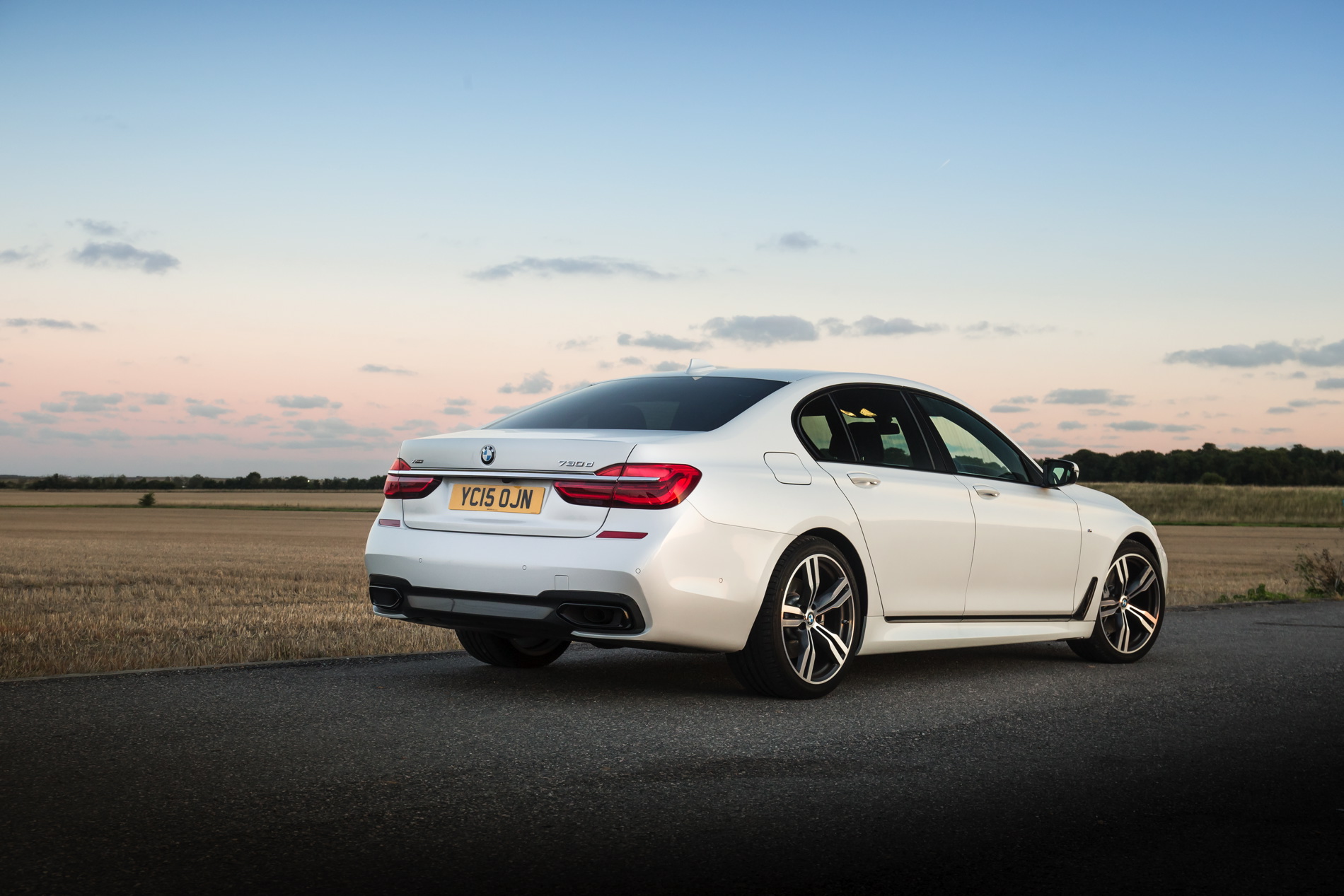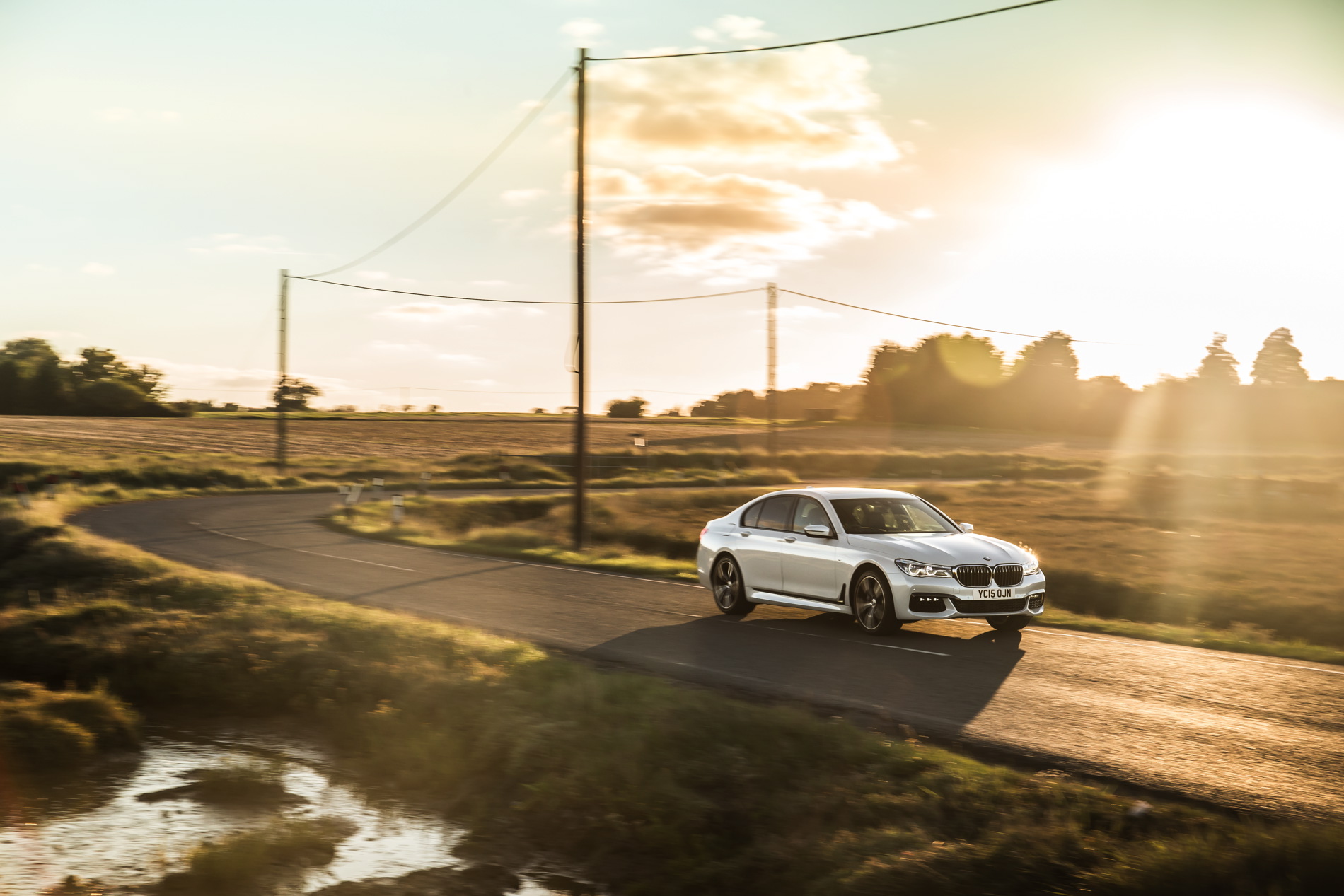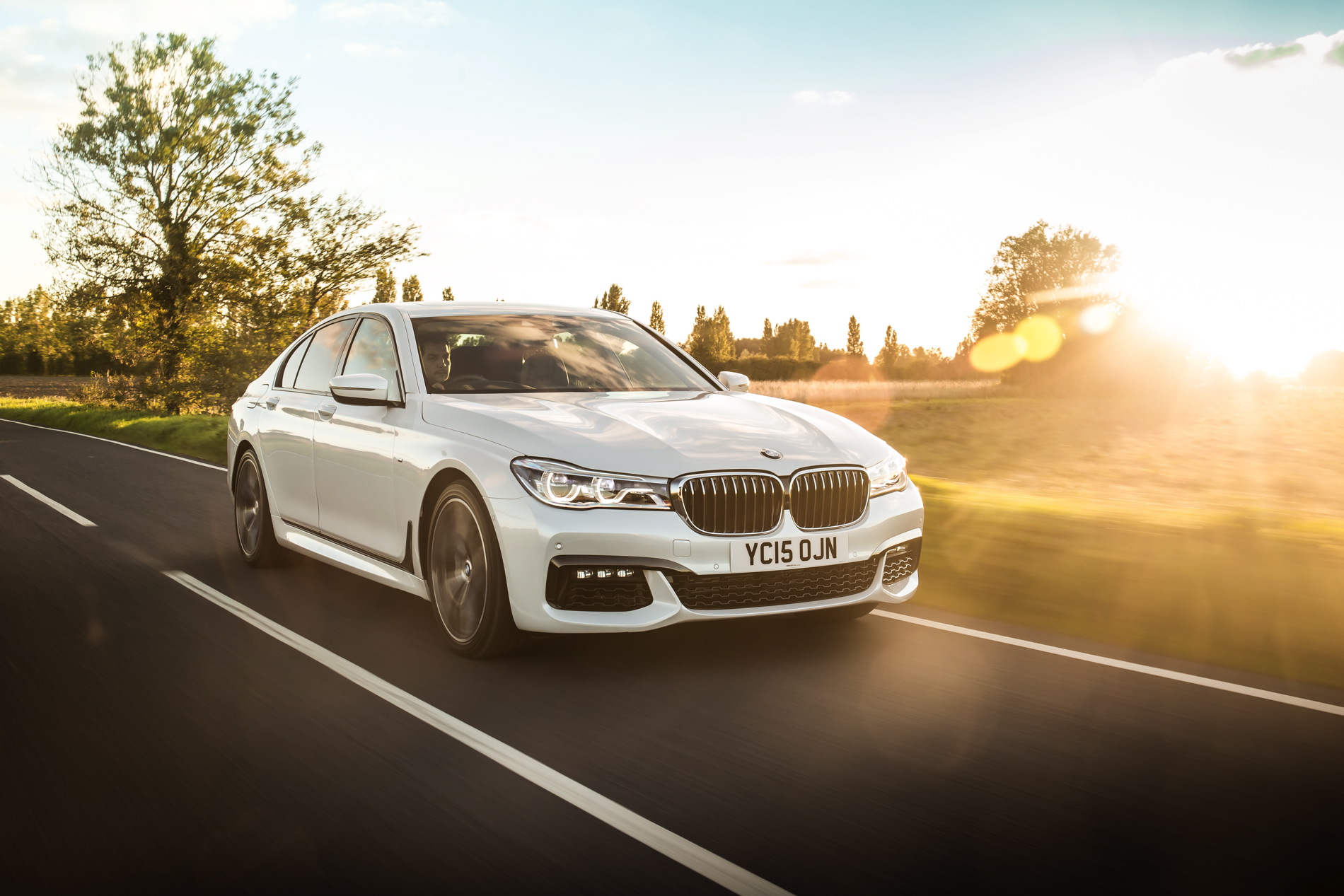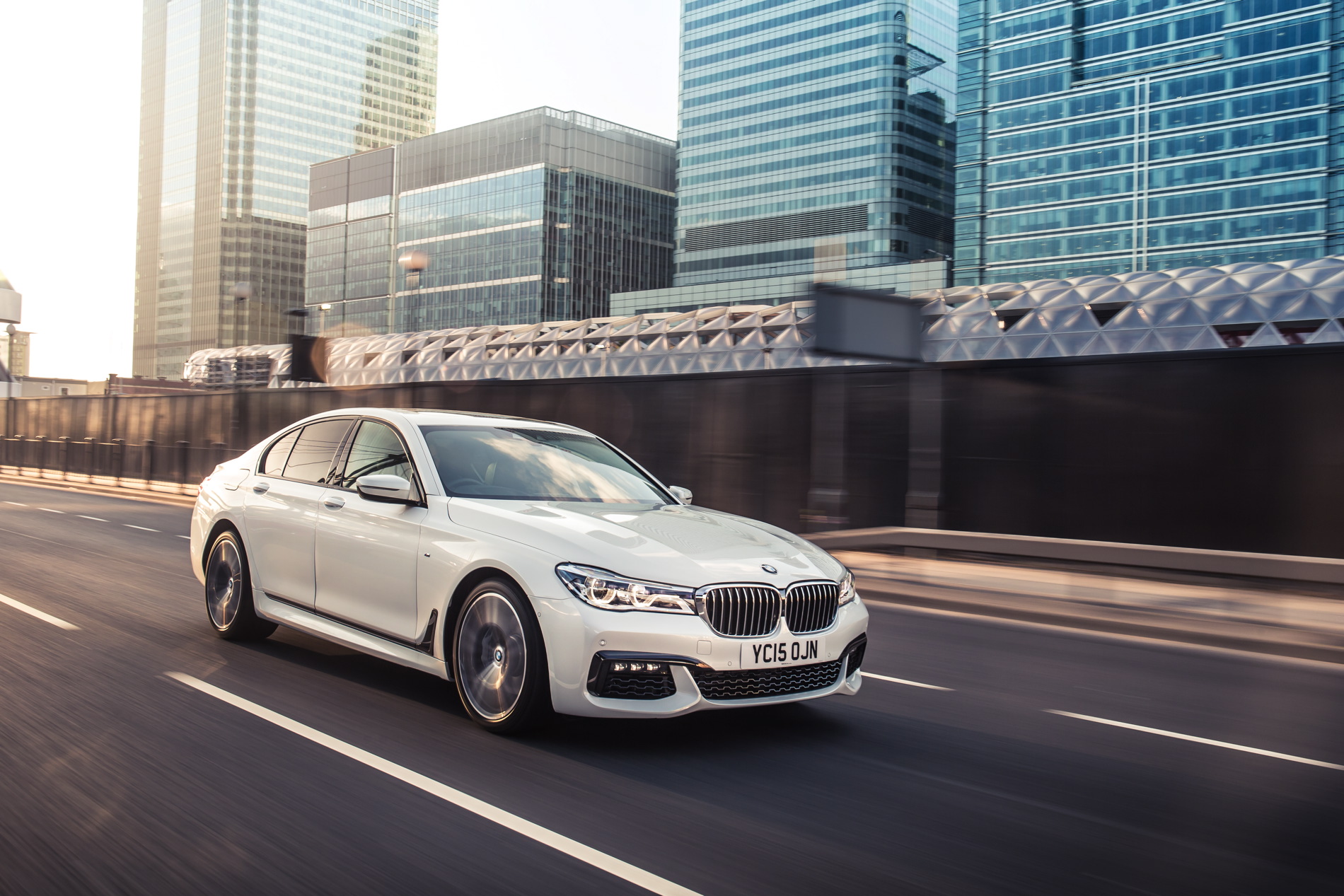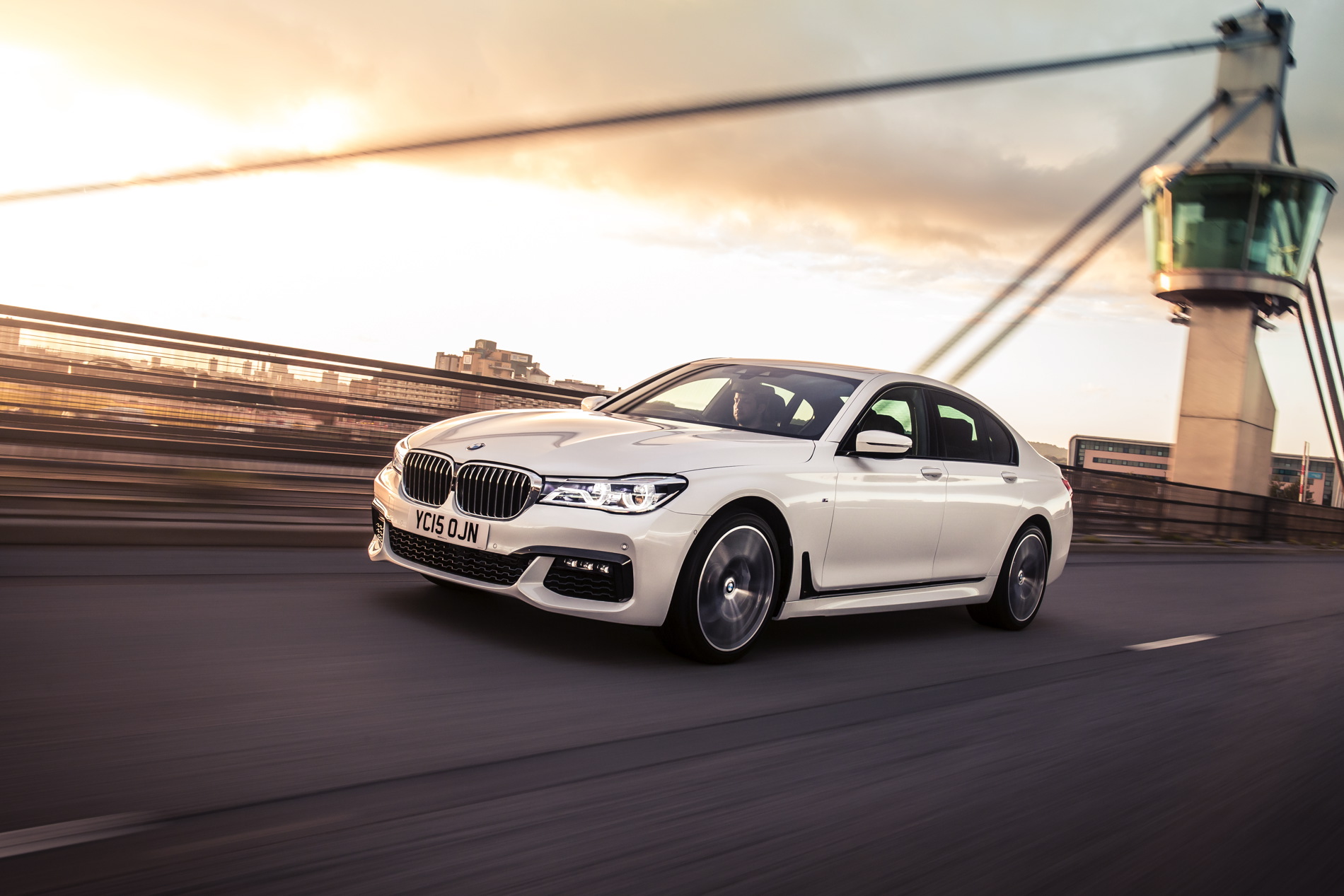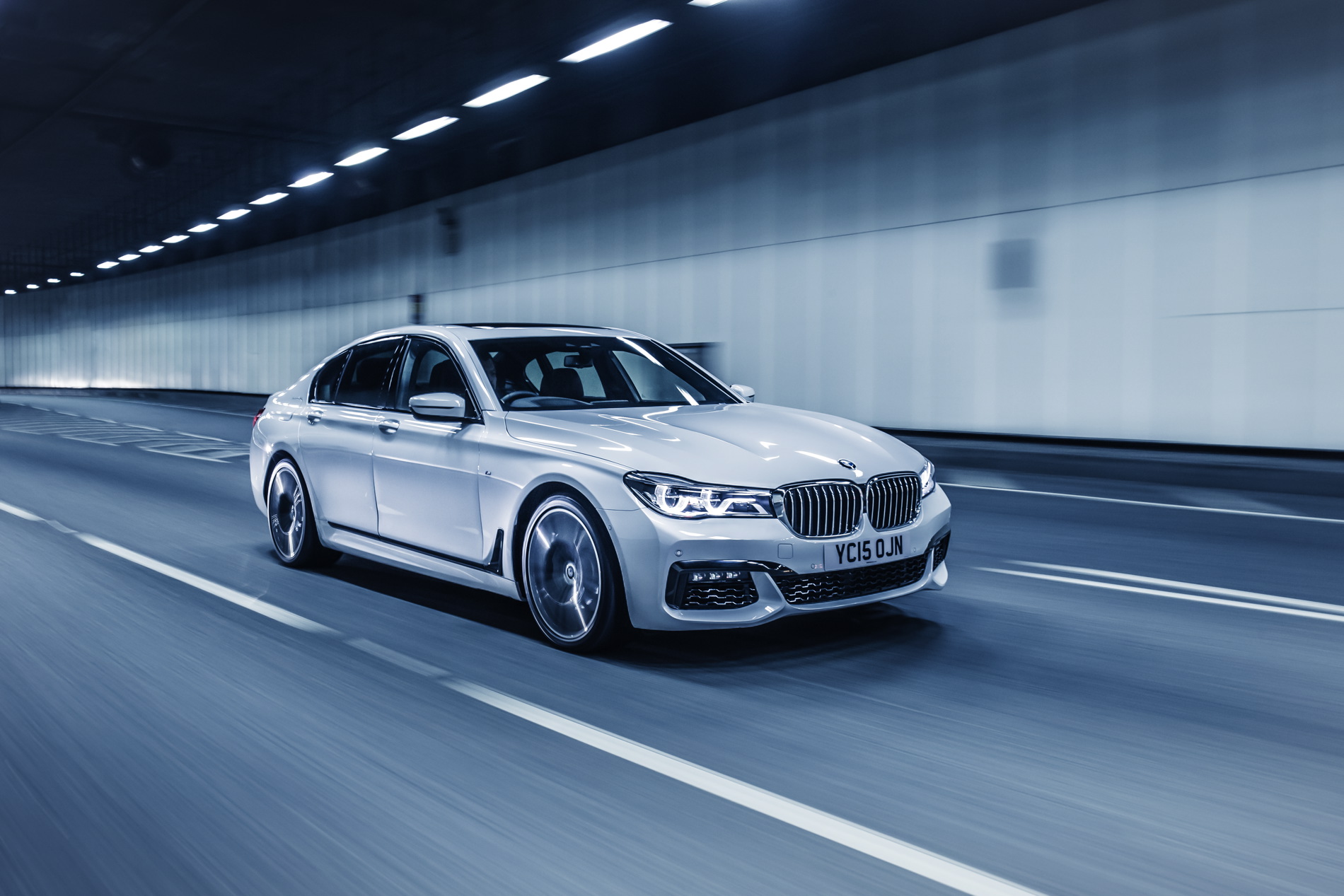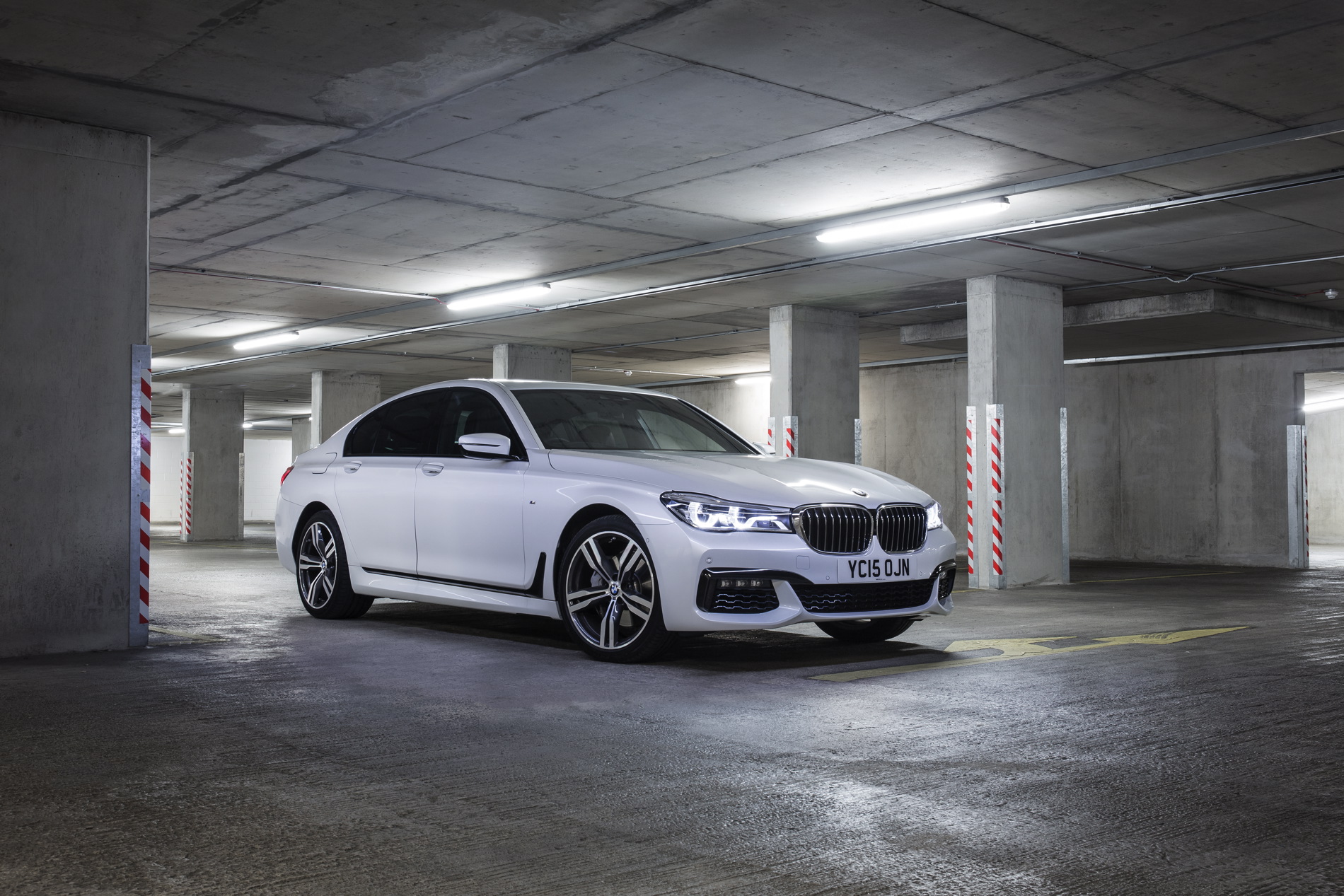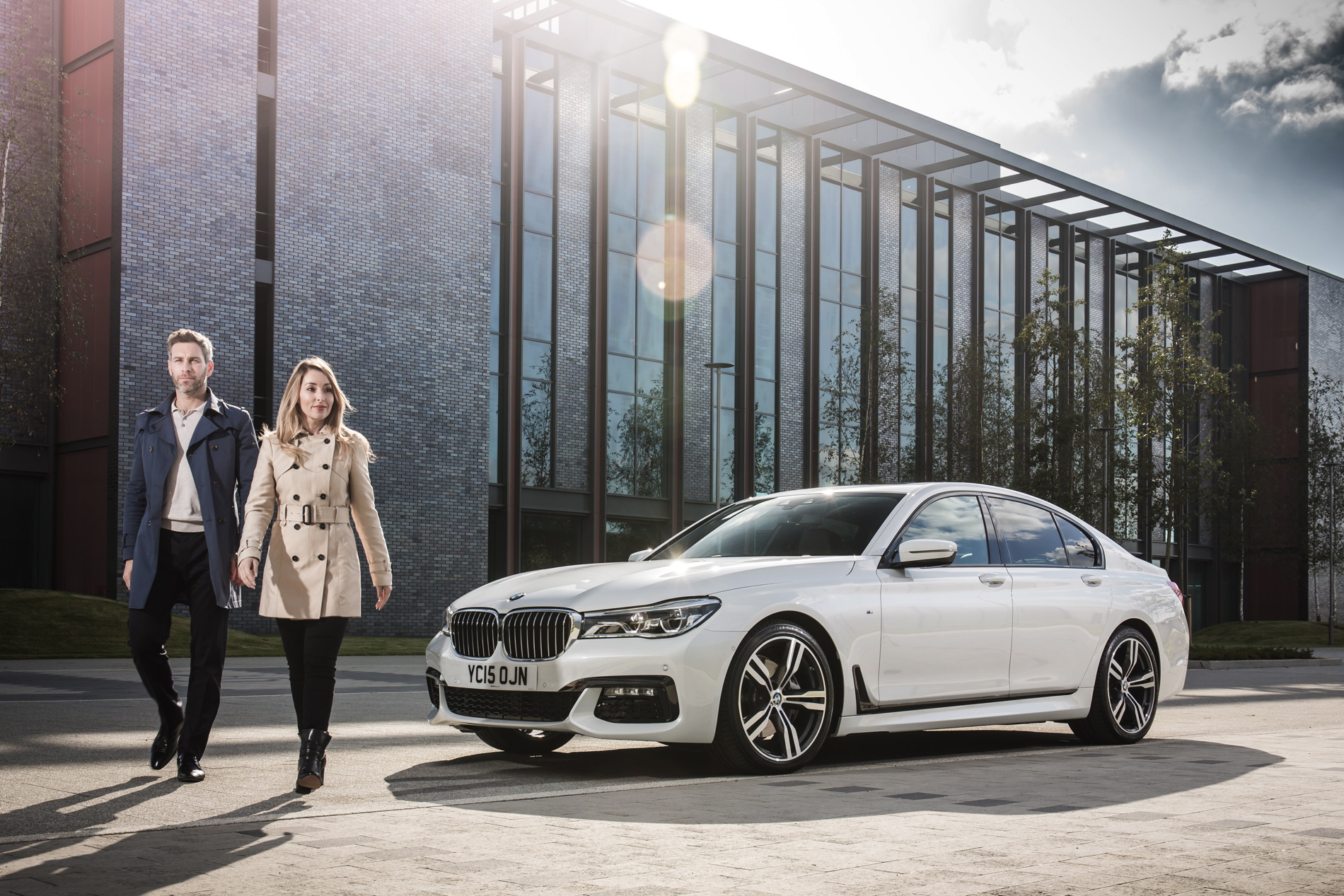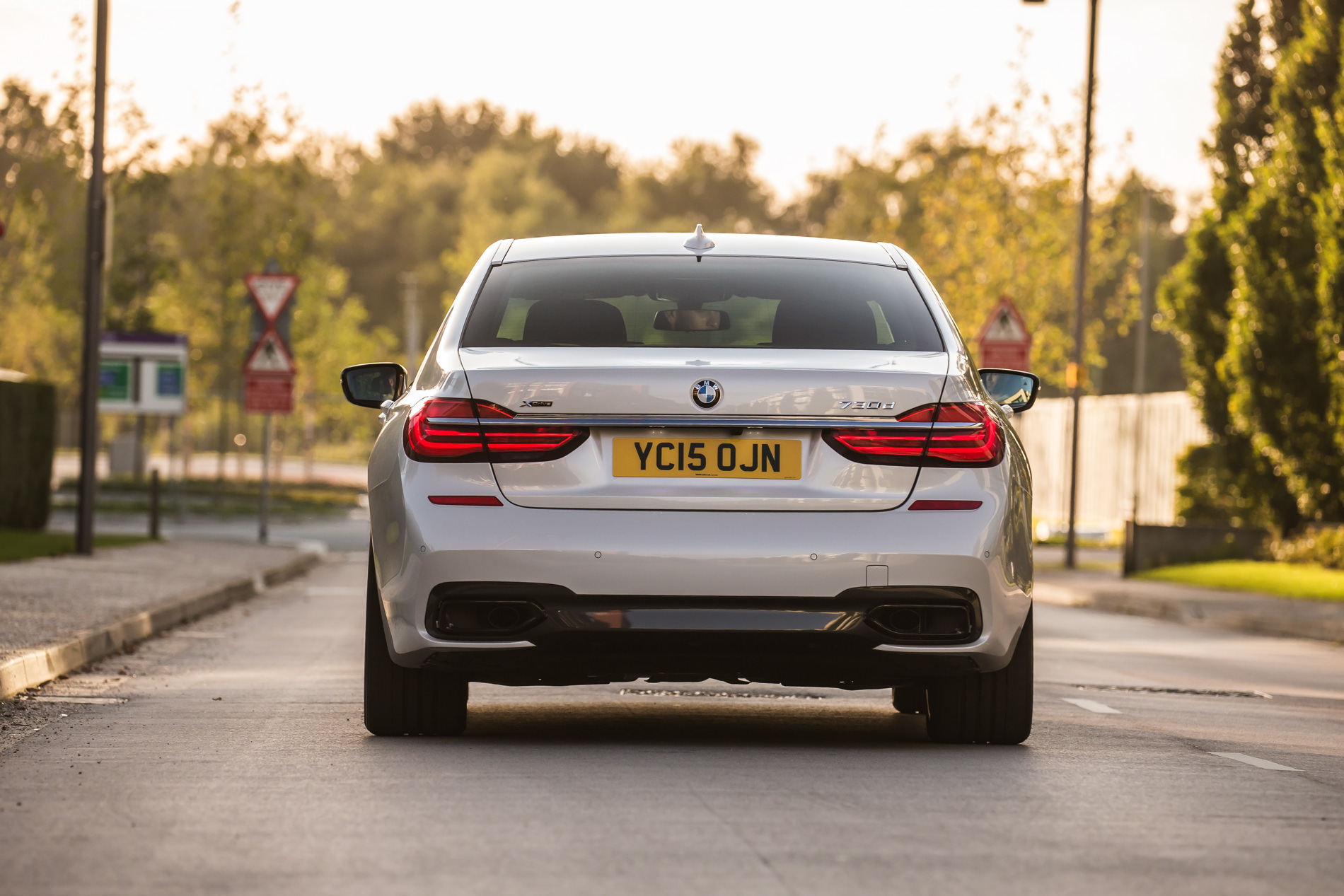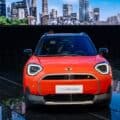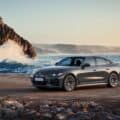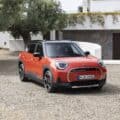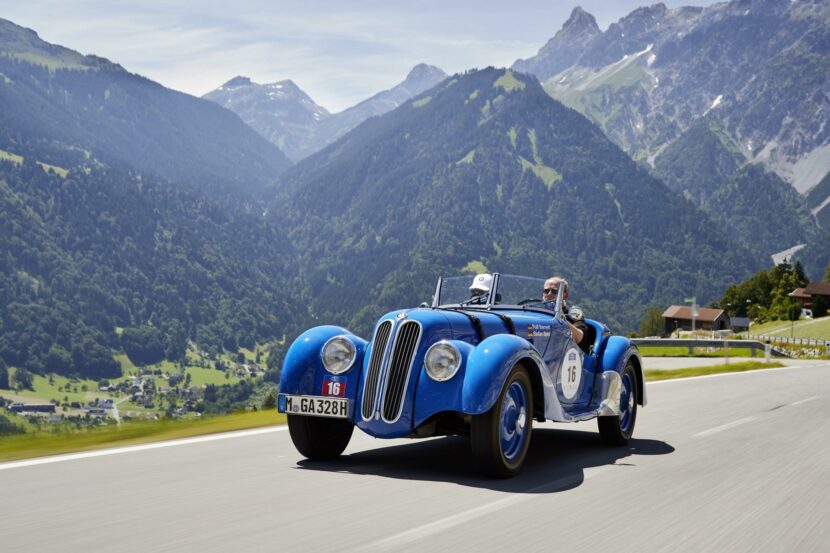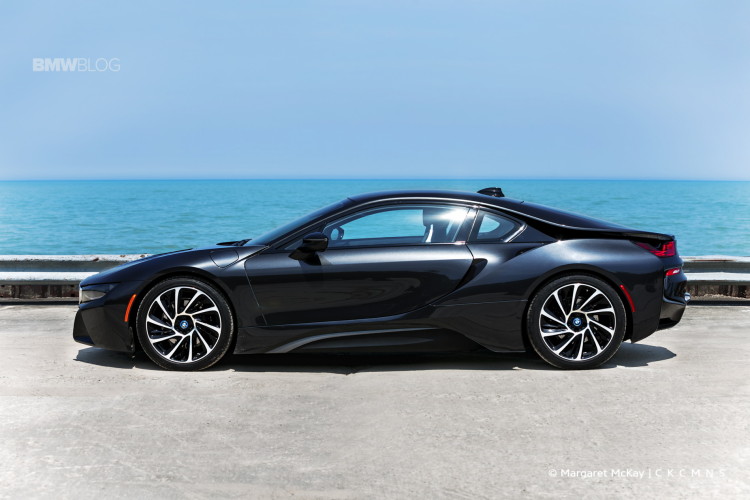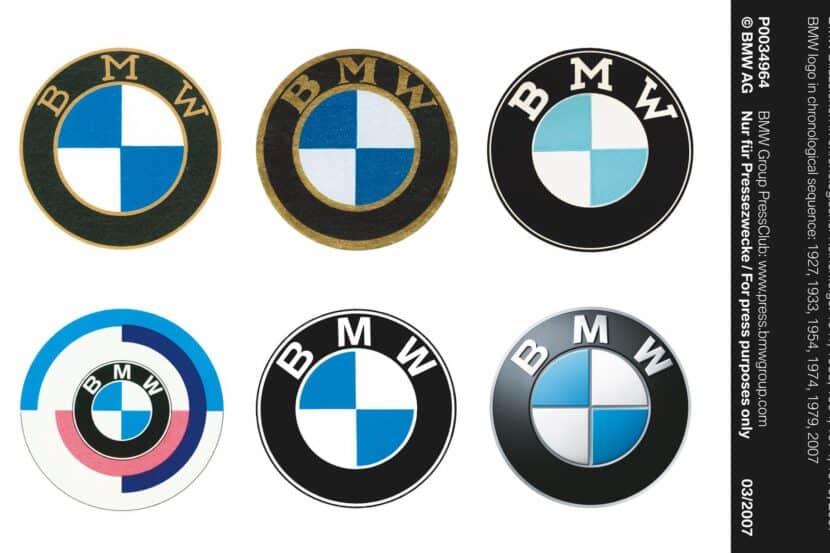Harald Krueger has had quite a year so far. In May, he took over the BMW reigns from Norbert Reithofer who ended his nine tenure as CEO. Fast forward to September and the Frankfurt Auto Show where Krueger was supposed to hold his first public appearance as CEO and outline the company’s plans for the future by showcasing a series of products, including the new 7 Series. An unfortunate event has cut the press conference short and Krueger’s first show and tell wasn’t what he would have expected.
Still recovering from this event and now he was faced with another issue – putting away a fire started by Autobild. The German magazine published an article which implied that BMW might have failed some emissions tests. The VW dieselgate has brought a lot of attention to diesel products across all premium automakers and it has put the Bavarians on guard. In an interview with German media, Krueger spoke quite a bit about diesel engines, their importance to the industry and how BMW complies with regulations.
Krueger was also asked how important diesel is to BMW. “Around 80% of the BMWs we sell in Europe are diesel; in Germany, they make up 73%; in the USA, just 6%,” said Krueger. Many people feel as if the auto industry should shy away from the diesel engine, though. However, Krueger feels differently, at least for now. “I am a big fan of electromobility. But for the next few years, we won’t be able to do without diesel, especially when it comes to meeting CO2 targets. Alternative drive forms, such as electromobility or hydrogen are not yet able to fulfill all the applications of the modern diesel engine.”
And to put your mouth where the money is Krueger now drives – as a company car – a 2016 BMW 730d. The diesel unit powering the BMW 730d and BMW 730Ld models is a 3.0 liter unit and has a total output of 265 hp. Peak torque is now 620 Newton meters (457 lb-ft). Fuel consumption and emissions are considerably lower than the previous model thanks to a reduction in weight, improved thermodynamics for the turbocharging system with VNT technology and a new common-rail direct injection system whose piezo injectors now generate a maximum pressure of 2,500 bar.
From 0 to 62 mph (100 km/h), the 730d needs only 5.8 seconds and has a top speed of 155 mph (250 km/h). The average fuel consumption is 5.2 – 4.8 liters per 100 km (49 – 54 mpg).
Basically great performance and fuel savings in a single package.
The diesel controversy is likely to continue well into the future, being fueled by more scandals and uncertainties, but it’s great to see BMW staying committed to what we believe is an efficient and green mode of transportation.


